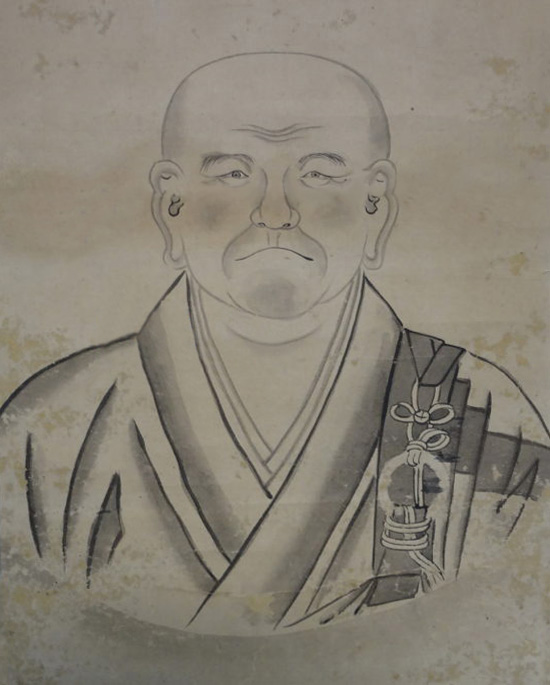Menzan Zuihō
 Menzan Zuihō (, 1683–1769) was a Japanese Sōtō Zen scholar and abbot of the Zenjo-ji and Kuin-ji temples active during the Tokugawa period.
Menzan Zuihō (, 1683–1769) was a Japanese Sōtō Zen scholar and abbot of the Zenjo-ji and Kuin-ji temples active during the Tokugawa period.Born in Ueki, Kyushu, Menzan was the most influential Sōtō Zen writer of his time and his work continue to influence Sōtō Zen scholarship and practice today. Menzan's scholarship was part of the Tokugawa movement of returning to original historical sources to revitalize Zen ( ''fukko'', "return to the old"), especially the works of Dōgen Zenji. Before Menzan the works of Dōgen were not widely studied or put into practice, he helped revitalize the Sōtō school by analyzing and building on Dogen's writings. Menzan used Dōgen to promote a reform of the Sōtō sect, which included reforming the monastic code and meditation practice. Due to Menzan's efforts, Dōgen studies now occupies a central position in Sōtō Zen thought. Menzan wrote to advocate the use of the old Song dynasty monk's hall system, in which monks ate, slept, and meditated in one large monk's hall, rather than in separate rooms as was commonly practiced in Japan at the time.
Menzan was the most prolific Sōtō zen scholar, having written over a hundred titles of detailed scholarship on monastic regulations, precepts, ordination, dharma transmission and philology. Menzan was also involved in lecturing to the public and teaching laymen and laywomen meditation practice. One of his most famous works, the Buddha Samadhi (''Jijuyu Zanmai'') is addressed to laypeople and focuses on the teachings of Dōgen. Provided by Wikipedia
